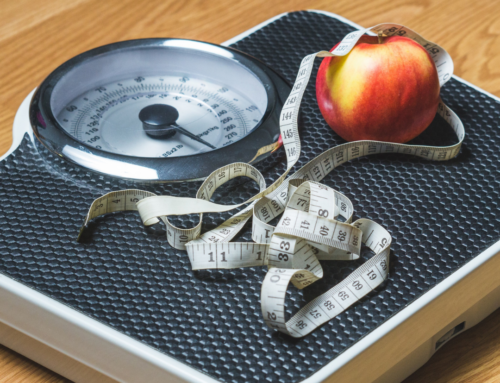
person on a scale
The worldwide obesity epidemic continued in 2016, despite aggressive educational programs, public awareness of its ramifications and countless changes in the ways processed foods are prepared. It seems to be getting worse, not better.
About 38 percent of adults in the U.S. are considered clinically obese and 71 percent are considered overweight, based on research from the Center for Disease Control and Prevention. This has led to an explosion of obesity-related chronic diseases such as diabetes, heart disease and cancer. Billions of dollars have been spent on preventive programs, diets and medical treatments, but the deadly trend continues.
To make matters worse, it is estimated that after losing weight by means of extreme diets and exercise, about 80 percent regain the weight after a short amount of time. According to recent research, rapidly and repeatedly losing and regaining weight may increase the risk of death from heart disease. This process is known as “weight cycling” or “the yo-yo affect.”
This new study presented at the American Heart Association’s Scientific Sessions 2016 suggests yo-yo dieting may increase the risk of death from heart disease among older women of normal weight. A group of about 160,000 post-menopausal women were studied for 11 years and it was determined that “women who had a normal weight at the beginning of the study but then lost and regained weight had a much higher risk of sudden cardiac death, compared with women who kept a stable weight throughout the period.”
The research strongly suggests that yo-yo dieting can permanently damage your heart. Don’t let this happen to you. Let us show you a better way.
Crash Diets = Extreme Stress on the Body
Terri DeNeui, DNP, ACNP, APRN-BC, the founder of EVEXIAS Medical Centers has seen the damage yo-yo diets can do.

bowls of fruit
“These crash diets, which consist of food intake with an insanely low calorie count, enable rapid weight loss but aren’t sustainable,” she noted in a recent interview. “Once these diets stop, individuals immediately regain the lost weight and often add additional weight. This is the ‘yo-yo’ effect. It is extremely frustrating and, as this research notes, extremely dangerous for heart health.
“These low-calorie diets put great stress on the body, especially the heart,” she said. “When we are not providing enough ‘fuel’ for the body to process, electrolyte imbalances occur and affect the electrical process of the heart, causing arrhythmia. In extreme cases, bulimia, anorexia and starvation can occur, causing a wide array of tissue and cellular damage.
“These extremely low-calorie diets can also cause one’s thyroid to malfunction,” Terri noted. “The thyroid hormone is essential to every single cell in the body, including the heart.
A Better Approach to Dieting
“Simply stated, fad diets do not work,” she said. “We have tried different dieting modalities in our clinic and we have not seen success with anything but true lifestyle changes.
“There are several proven tactics for this. We have found meaningful, long-term weight loss can result when our patients ‘eat right for their DNA.’ This can be determined by a simple blood test. It enables us to help our patients choose the right type of food for their specific genetic make-up.
“Some body types favorably respond to low carb/high protein diets, while other don’t. As an example, our patient research has found that people who are blood type O thrive on high protein diets while those with blood type A favor a vegetarian diet. Everyone is different and there is no ‘one size fits all’ approach.
“It’s fascinating to watch children choose their food. Kids have great ‘barometers’ on what their bodies need. Since most youngsters have not had as much exposure to high-pressure ‘food’ marketing as adults have, when given the chance, they intuitively choose what’s best for their body.
“Finally, think of time as a good gauge of long-term success,” Terri said. “If our patient loses 30 pounds over a year’s time, rather than losing those same 30 pounds over a month, they are more likely to keep those pounds off.”
The Best Tip for Maintaining a Healthy Diet during the Holidays
The holiday season is a mine field for someone trying to stay on a healthy diet. There are just too many temptations! Terri offers one simple tip to stay on course.
“My best advice is to remember the phrase ‘everything in moderation’,” she said. “Most cultures have celebrations that revolve around food, and it is highly stimulating to the senses. However, we don’t have to eat a lot of this holiday food to get satisfied.
“Have a taste of that amazing holiday cake or cookie, but share those goodies with other people–– it’s not necessary to eat the entire slice. You want to honor the person who prepared this celebratory food, but tasting smaller portions will enable you to enjoy the experience while staying healthy.”
Have you tried crash diets only to fall back and gain even more pounds than originally lost? This yo-yo dieting can literally kill you. Let us help you take control of your life by finding a medically-based approach to losing weight and keeping it off.






